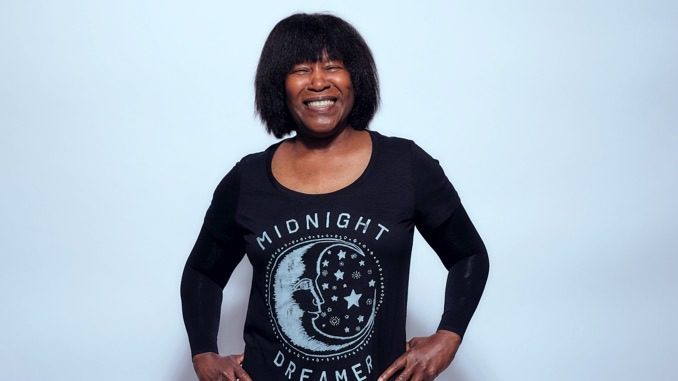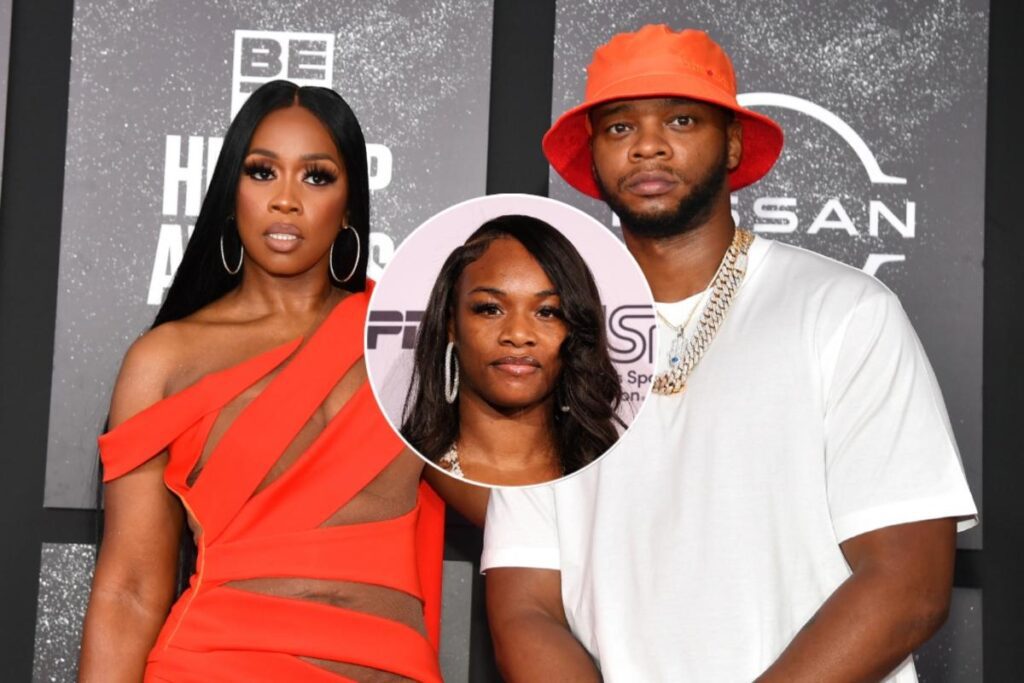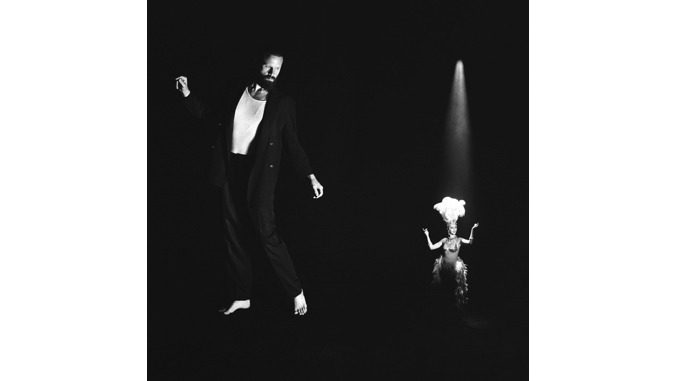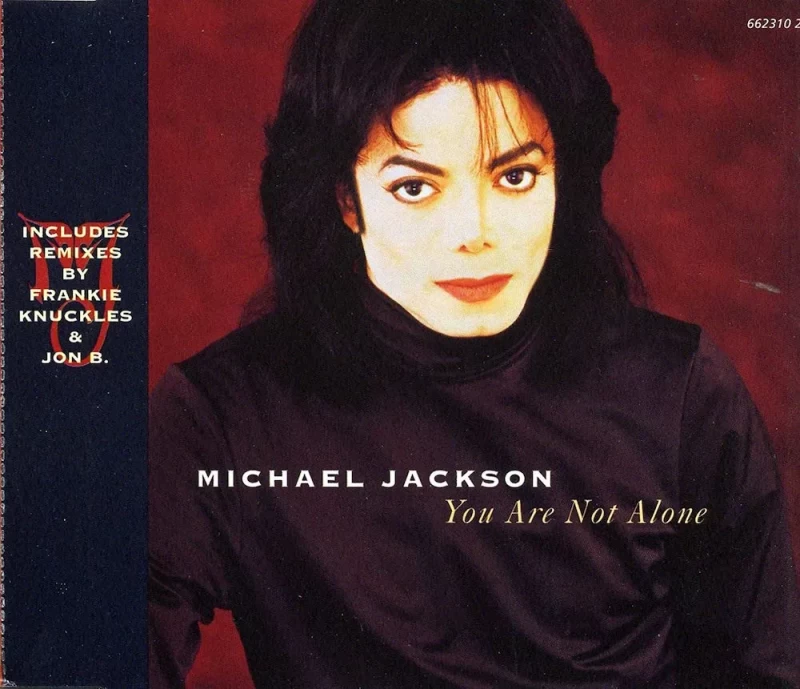Caribbean-born British singer-songwriter Joan Armatrading has achieved many incredible things in her nearly five-decade career. So far, she has: won an Ivor Novello Award; been nominated for two Brits and three Grammys; received honorary degrees from six prestigious universities; and gotten two top-shelf government appointments, the MBE (Member of the Order of the British Empire) and a following CBE (Commander of the Order of the British Empire). Additionally, she’s been the recipient of several Lifetime Achievement Awards, most recently from the BBC in 2016 for her influence on a generation of artists since the 1970s (Tracy Chapman, anyone?). And starting today (July 31) at 3 p.m. ET, she’ll be livestreaming a post-pandemic concert via Vimeo—she welcomes change, doesn’t fear it. But there’s only one rumored accomplishment that she wanted to correct when phoning a few weeks ago to discuss her latest homemade set Consequences—she is not, repeat not cutting a heavy metal album, as was incorrectly reported online.
And don’t get her wrong, the singer says. She loves classic metal like AC/DC, and she can wield a Fender Stratocaster onstage as convincingly as her traditional Ovation acoustics. Consequences, although often keyboard-driven, boasts some subtly rousing rockers, such as “Already There,” “Natural Rhythm” and the wall-of-jangle “To Be Loved.” “But I like all music,” she clarifies. “I like rap, I like pop, I like folk, punk, jazz, everything, because there’s good stuff in all of those genres. So music is music, as long as it’s good, or good in my opinion. Because that’s how music is—it’s subjective. So what I think is great, somebody else would think is, uh, not very good.” Ever since her Whatever’s For Us debut back in 1972 (which she composed after appearing in a touring company of the musical Hair), she adds, “I go after what I like, and all the genres are there for me.”
Armatrading, at a youthful 70, speaks with a casual confidence befitting of her seasoned, globe-trotting, 19 album-encompassing years. The self-assurance also has deeper roots, in a DIY tradition innocently begun back in the ‘70s, when she played almost every instrument on, first, all of her demos, then later on all of her studio cuts, as well. Which wasn’t easy in the beginning, she sighs. “Because there was usually just one person that I would be working with in the studio—a bloke, of course—and they just couldn’t grasp that there would be just one person, playing everything. I wasn’t supposed to do that, so the understanding wasn’t there for it to have worked out as well as it could have.” It wasn’t until her 2003 undertaking Lovers Speak, she adds, that she finally felt the tide turn.
“And ever since then, that’s what I’ve always done, played everything myself, on all my records, and I’ve been producing myself since 1986,” says the self-starter, who constructed a home studio dubbed “Bumpkin” on her Surrey property to facilitate that process. “Most people don’t realize it’s me playing everything—they think it’s a band. And I’ve seen some reviews saying, ‘Oh, the band is really great!’ But I don’t play drums on my records because I’m not quite good enough, I don’t think.” Instead, she programs all of her percussion, and tries to approach her loops and other synthesized beats the way a serious drummer would. “Because you do need to think how they would do certain fills or timing changes—just different little things to make the mix more interesting, because otherwise you’re just repeating the same rhythm,” she explains.
To that end, Armatrading has constantly upgraded Bumpkin as the years and technology progressed. Which actually entailed repeatedly whittling the space down to size, rarely expanding. “So it’s totally different now from when I started out with just my guitar, my piano and my little cassette recorder,” she says. “Because then I got my two-track and my four-track and then my 16-track, and then my 24-track. And then computers came in, so I got a computer and moved onto Logic. So I was always there with music technology—I was never trying to catch up, and it’s the same now. I use some great new stuff, so instead of this big desk I have this small digital desk, and it’s just all on the computer, and it’s great. I don’t need a big anything anymore—I’ve gotten rid of all the big things that I had.”
Has the composer ever awakened in the middle of the night and groggily captured a Bumpkin song idea, a la Jerry Seinfeld and the indecipherable “Flaming globes of Sigmund” midnight note he wrote to himself? She laughs, but pauses to seriously think about it. Only once, she swears, with 2018’s “The Messenger (A Tribute to Nelson Mandela).” “That doesn’t happen often, but with ‘The Messenger,’ that’s exactly how it worked,” she recollects. “I woke up in the middle of the night with these little tunes that I heard in my head, and I went downstairs and wrote the song pretty much in its entirety. And then I went right back to bed.” She’s not worried that, once the Kurzweil-predicted Singularity occurs, that Bumpkin will go Skynet-rogue and start writing her next albums for her. “I’m not so sure that I’d be happy with that—I always want to be involved with production,” she says. “And I think Artificial Intelligence can be smarter than man, but I think it will always need man to program it. So I’m still all for technology, and I’m definitely into self-driving cars—I can’t wait for that.”
Fans, of course, flock to this low-key artist for the ember-glow warmth in her singing voice and the tangible, almost neighborly humanity in her lyrics. And ironically, she creates this welcoming, pull-up-chair familiarity while keeping the shades drawn shut on her private life—a remarkable accomplishment in our oversharing, TMI-revealing social media age. So while soulful, sometimes bass-propelled Consequences ballads like “Glorious Madness,” “Think About Me” and “To Anyone Who Will Listen” create the impression that their writer has just fallen in love with someone new, she warns against reading them like diary entries. “I started this album before lockdown, so this is not a ‘lockdown album,’” she wants to make clear. “It’s purely just a Joan Armatrading album album, with me writing in the way that I’ve always written. And it’s supposed to sound fresh and invigorating, supposed to sound enthusiastic, because I feel enthusiastic—I’m still here, I’m alive, why would I not? So I don’t write anything about myself. I can’t spend all my time saying I want to keep some privacy, and then on the record go, ‘Okay, I’ve said that. But now listen to this!’ That doesn’t work for me, so I’m generally writing from observation.”
“To Anyone Who Will Listen,” for example, was inspired by a story the vocalist read about a young man suffering from depression, who was being judged and diagnosed and wrapped up in a clean, easily understandable package. But that wasn’t what he wanted—he just longed for someone to hear him discuss what he was experiencing, while he reasoned his own way out of it. “And I was really touched by that—he didn’t want somebody to say, ‘Snap out of it!’” she says. “He just wanted somebody to listen. And I thought of all the people out there who were in his position, just wanting a little bit of understanding, so I wrote that song, hoping that it spoke to other people.”
Armatrading’—who just got another 2020 Lifetime Achievement Award from Women of the Year—has always been civic-minded and socially conscious. “I’ve had both my jabs,” she notes of getting her recent U.K. vaccination shots. And she admits that some of her new material—“Better Life” and the album title track, for starters—are simply personal truths she’s sharing, logical guidelines on how to be a better post-Covid human being. “Don’t compare yourself to anybody else,” she cautions in the former, adding that, “Change can heal the world / All you’ve got to do is change yourself.” How does a confessed observational writer come up with ideas during a restrictive lockdown, when they can’t venture out to observe?
“There’s not a lot of people to see in real life because we’re not allowed out as much,” Armatrading cedes. “But there’s still a lot of information there, and of course there are newspapers, television and radio.” Not that she’s ever penned a political tune from a mass-media standpoint, she adds, refusing to mention the dreaded T-word from America’s nail-biting 2020 election. “I’m always just looking around, and sometimes I’ll think, ‘Oh—look at the way that tree branch grows like that. Later on, I might be able to use that!’ And that might make me think of how somebody has gone off in one particular direction or something. And you just store all of this stuff up until you start to have this feeling of, “I must write now.” So there’s actually lots of material to draw from when I’m ready to write.”
Does the sagacious singer have any wisdom to share with young female artists, just starting out? “Just be true to yourself, and don’t let people tell you it’s not possible,” she declares, assertively. Back in 1972, a record label executive told her that very thing, predicting an ephemeral showbiz career for her of only five years. “So if you’re true to yourself, and you know you’re good at this thing you do, I think that you owe it to yourself to do it. Learn the guitar if you’re going to play the guitar, learn the piano if you’re going to play the piano, and if you fail? That’s fine, because to me, the biggest failure is never trying.”
Tickets and info for Joan Armatrading’s Vimeo livestream are available here.
Revisit Armatrading’s 2018 Paste Studio session below.




